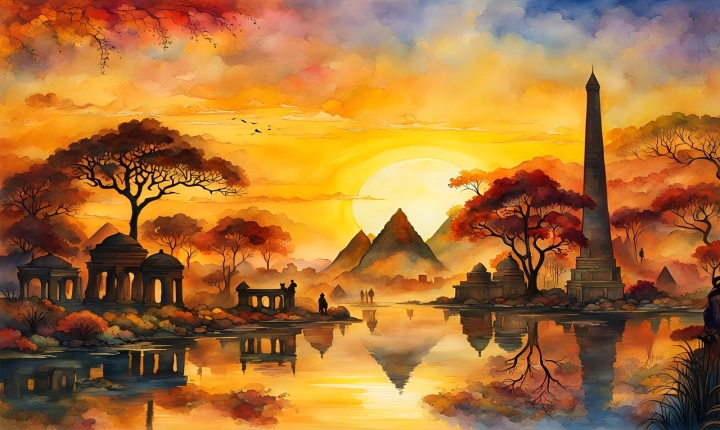Can ChatGPT Write Content?
Over the past few years, artificial intelligence has made significant advancements in the field of natural language processing. One such example is ChatGPT, a powerful AI model developed by OpenAI. With its ability to generate human-like text, the question arises: can ChatGPT write content that is indistinguishable from that written by a human?
At its core, ChatGPT is trained on a massive dataset of text from books, websites, and other sources, which allows it to mimic the style and tone of human communication. The model uses a technique called deep learning, where it learns patterns and structures from the input data to generate coherent and contextually relevant responses.
Given its capabilities, ChatGPT has the potential to write content across a wide range of domains, from news articles and product reviews to creative writing and poetry. Its ability to understand and respond to input from users in a conversational manner also makes it suitable for tasks such as generating dialogue for fictional characters or creating engaging social media posts.
One of the key advantages of using ChatGPT for content generation is its efficiency. The AI model can quickly produce large volumes of text without the need for breaks, making it a valuable tool for businesses and content creators looking to streamline their writing processes. Additionally, ChatGPT can help overcome writer’s block by providing inspiration and generating ideas for new content.
However, despite its capabilities, there are limitations to ChatGPT’s content writing abilities. While the model excels at generating coherent and grammatically correct text, it may struggle with maintaining a consistent narrative or producing deeply insightful and original content. In some cases, the generated text may lack the creativity and nuance that is often associated with human writing.
Furthermore, there are ethical considerations surrounding the use of AI-generated content. Without proper disclosure, readers may be misled into believing that the content they are consuming was created by a human author. This blurs the line between genuine human-created content and AI-generated content, potentially undermining the trust and authenticity of information.
In conclusion, ChatGPT has demonstrated its ability to write content that is often indistinguishable from that written by a human. Its efficiency and versatility make it a valuable tool for various writing tasks. However, it is essential to approach the use of AI-generated content with caution and transparency to ensure ethical practices and maintain the integrity of human creativity in the digital landscape.
